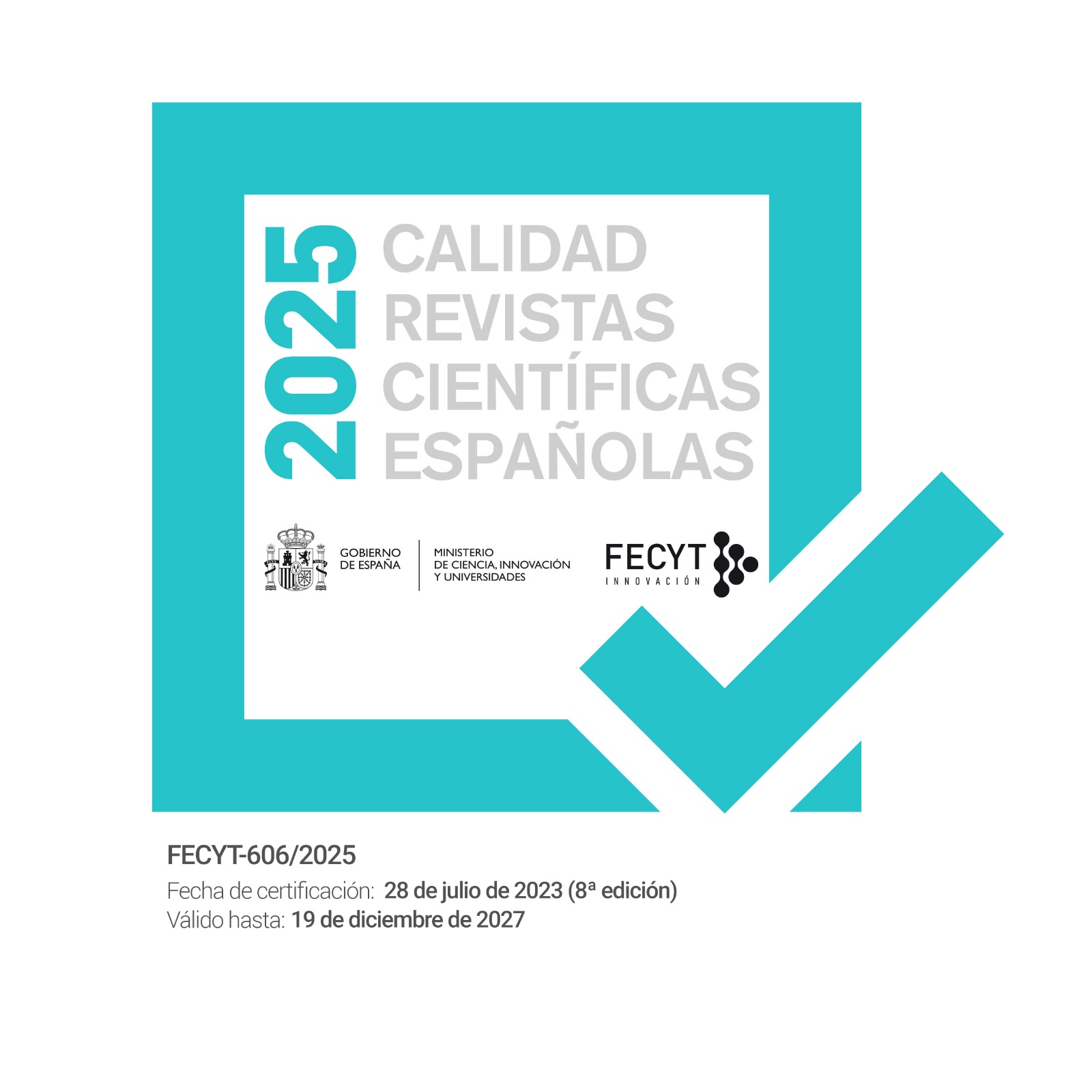Challenges to legalism in early modern continental civil law
Keywords:
legalism, strictum ius, aequitas, utilitas, honestasAbstract
Legalism can denote the range of functions that laws have in any society, but in legal discourse from classical times to the modern day, it has also had, as well as the self-justificatory practice of regimes seeking to establish their legitimacy, negative connotations of a perverse use of the written text of the law in legal argument. In the medieval and early modern periods, in which civil law is considered to be determined by the higher norms of rationality, morality, and the public good, the terms strictum ius and rigor iuris evoke the danger of over-literal and inflexible understanding of the text of the law, and the need in many cases for its mitigation. This was achieved by the use of techniques for construing the text enshrined in the Corpus Juris Civilis itself and elaborated by the use of scholastic logic. Recourse was made to a range of principles in order to mitigate or correct a given law, including aequitas, bona fides, utilitas, consuetudo and honestas. With the exception of the last, these are not necessarily to be looked on as extra-legal. This paper investigates the deployment of these norms or principles by a range of early modern jurists (including Arnoldus Holstein, Claudius Cantiuncula, Jean de Coras, and Johan van der Sande). It argues that there is a strong continuity of legal thinking in these areas from the medieval to the early modern period. Where relevant, parallel cases in the sphere of theology (antinomianism, adiaphora) are discussed.
Downloads
Downloads
Published
How to Cite
Issue
Section
License
Copyright (c) 2023 GLOSSAE. European Journal of Legal History

This work is licensed under a Creative Commons Attribution-NonCommercial-NoDerivatives 4.0 International License.
Creative Commons Reconocimiento-NoComercial-SinObraDerivada 4.0 España (CC BY-NC-ND 4.0 ES)




